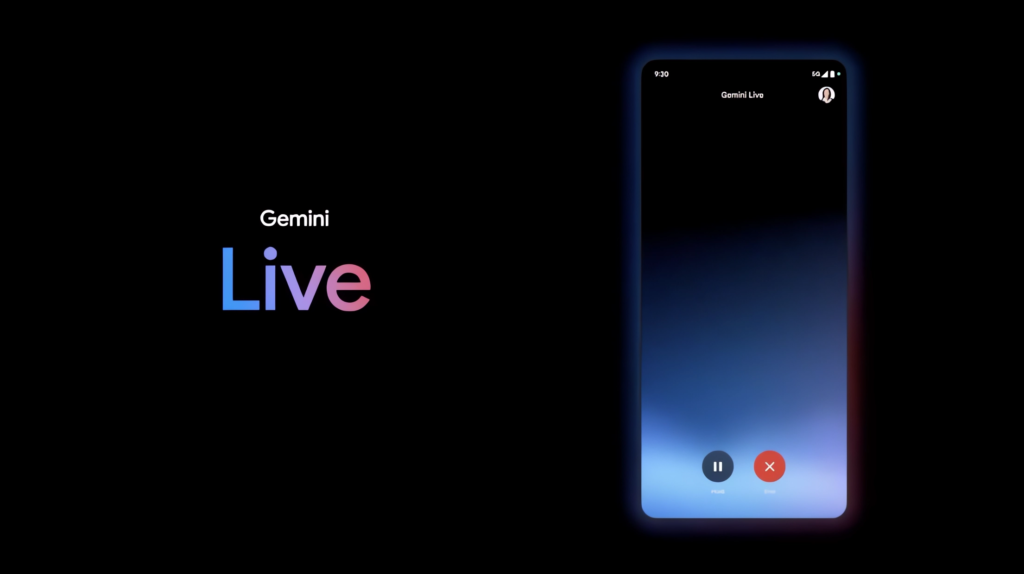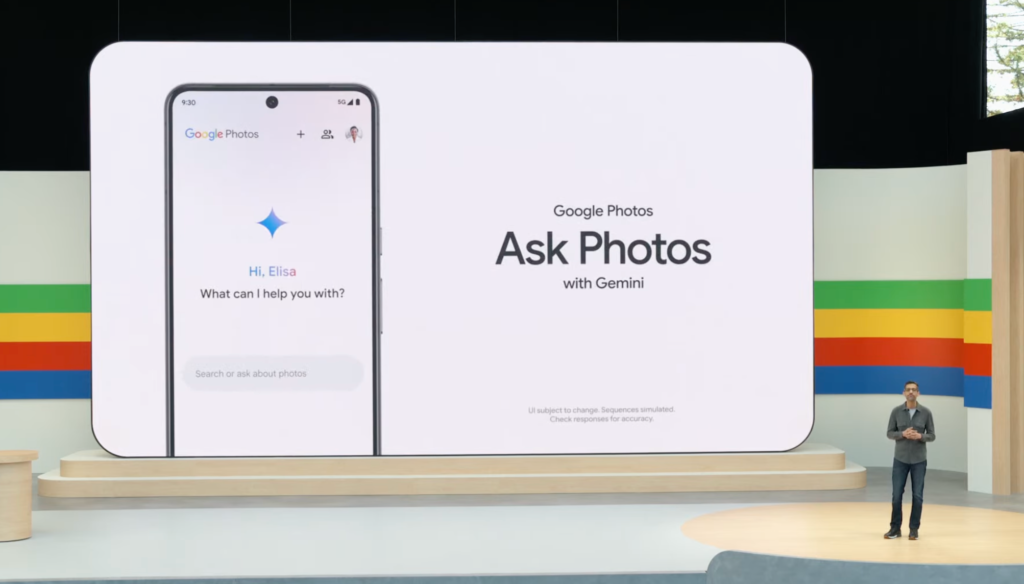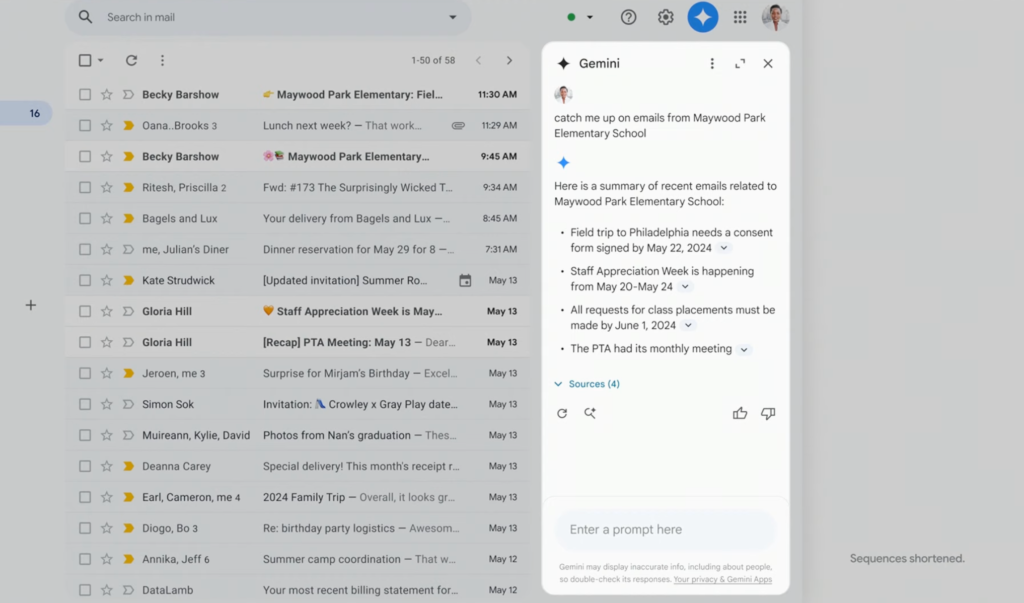During the recent Google I/O 2024 developer conference, the tech giant placed a heavy emphasis on artificial intelligence (AI), mentioning “AI” more than 120 times throughout its keynote. This indicates a clear strategy from Google to weave AI more deeply into its ecosystem of products and services. Here, we explore the most significant AI-driven innovations Google announced, signalling both incremental improvements and pioneering new features.
Generative AI takes over Google Search
A standout development from the conference is Google’s initiative to incorporate generative AI into Google Search. This new approach will dynamically organize search results pages based on the query, featuring AI-generated content such as summaries of product reviews, social media discussions, and personalized suggestion lists. Initially, this feature will enhance search results for users seeking inspiration, such as during trip planning or exploring dining options and recipes, with plans to expand to other areas like movies, books, and e-commerce.

Project Astra and Gemini Live
Further enhancing its AI offerings, Google introduced improvements to its AI-powered chatbot, Gemini. Under Project Astra, a new initiative aimed at creating AI-powered applications for real-time, multimodal understanding, Gemini will now power an experience called Gemini Live. This feature allows in-depth voice interactions where users can interrupt the chatbot to ask questions, with Gemini adapting to speech patterns and even responding to visual inputs from the user’s smartphone camera in real-time. Although set for a later release, Gemini Live promises a more interactive and responsive AI chat experience.
Google Veo challenges OpenAI’s Sora
In direct competition with OpenAI’s Sora, Google unveiled Veo, an AI model capable of creating high-definition video clips up to a minute long from text prompts. Veo understands various cinematic styles and effects, such as camera movements and visual effects, making it a powerful tool for content creators. The AI’s understanding of physics adds a layer of realism to the videos it generates, with capabilities extending to masked editing and creating longer video sequences from a series of prompts.

Enhanced functionality in Google Photos and Gmail with Gemini
Google Photos introduces an experimental feature, Ask Photos, leveraging the Gemini AI to enable complex, natural language searches across photo collections. This tool uses context like geolocation and image quality metrics to retrieve and organize photos based on user queries, enhancing the overall utility of Google Photos.
Similarly, Gemini is set to transform how users interact with Gmail. It will soon allow users to search, summarize, and draft emails more efficiently and handle more complex tasks like processing returns directly from emails. This integration promises to streamline email management, especially for users who manage high volumes of email communication.

Scam Detection and Accessibility Enhancements
Looking to bolster security, Google previewed an AI-driven feature to detect scams during calls on Android. This feature, powered by Gemini Nano, will operate entirely on-device, alerting users to potential scams based on conversation patterns without compromising privacy.
In terms of accessibility, Google’s TalkBack feature for Android will soon incorporate Gemini Nano to describe objects for users with visual impairments. This advancement aims to reduce the daily challenges faced by low-vision and blind users, providing them with more independence in digital navigation.

Conclusion
Google’s I/O 2024 has clearly demonstrated the company’s commitment to integrating AI across its product suite, enhancing user experiences through automation, real-time interactions, and deeper contextual understanding. These innovations not only promise to improve functionality but also set the stage for more intuitive, accessible, and secure interactions within the digital ecosystem. As these technologies develop and reach users, the impact of AI will become increasingly significant in shaping the future of how we interact with digital content and services.







